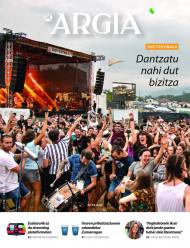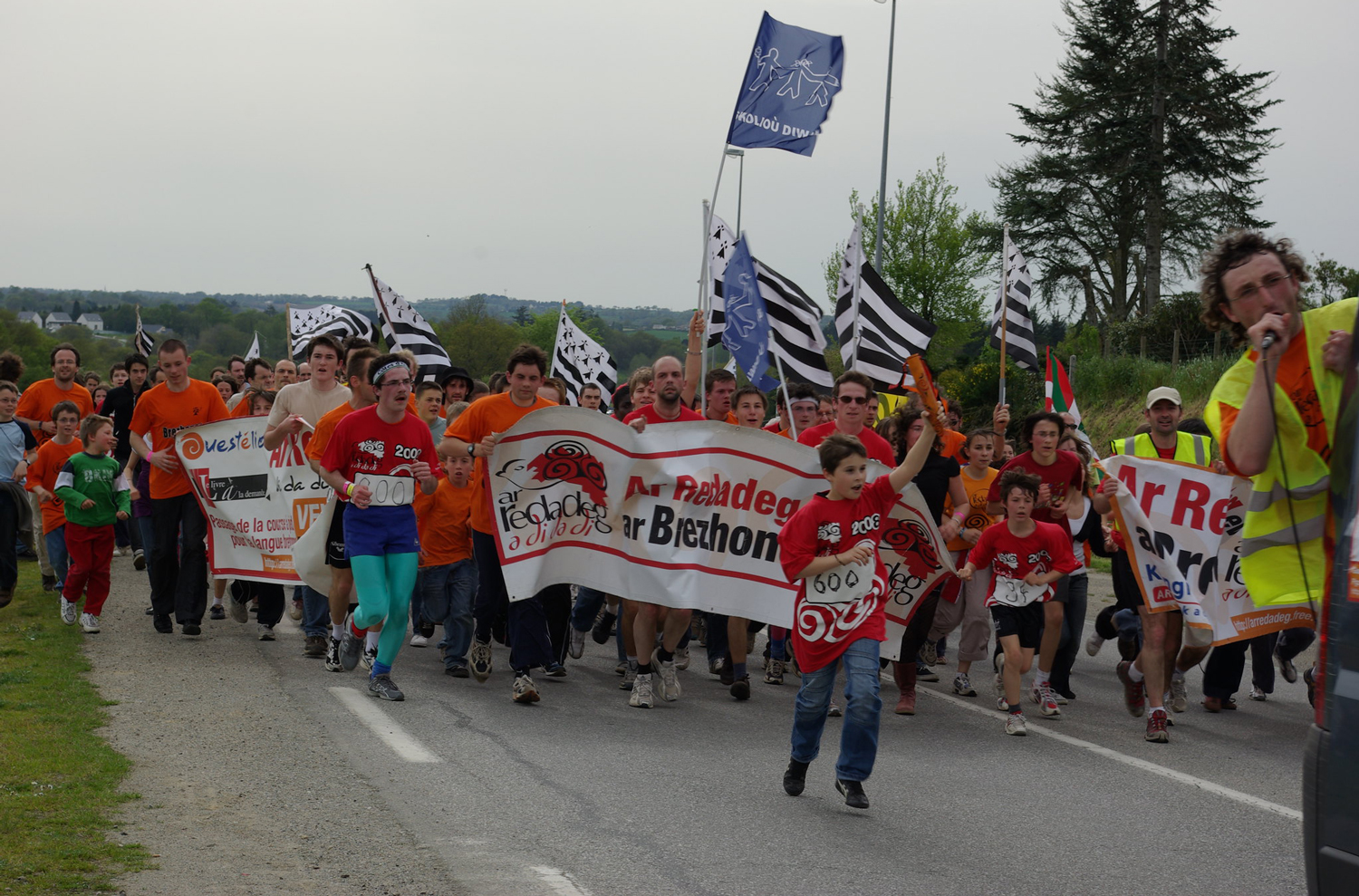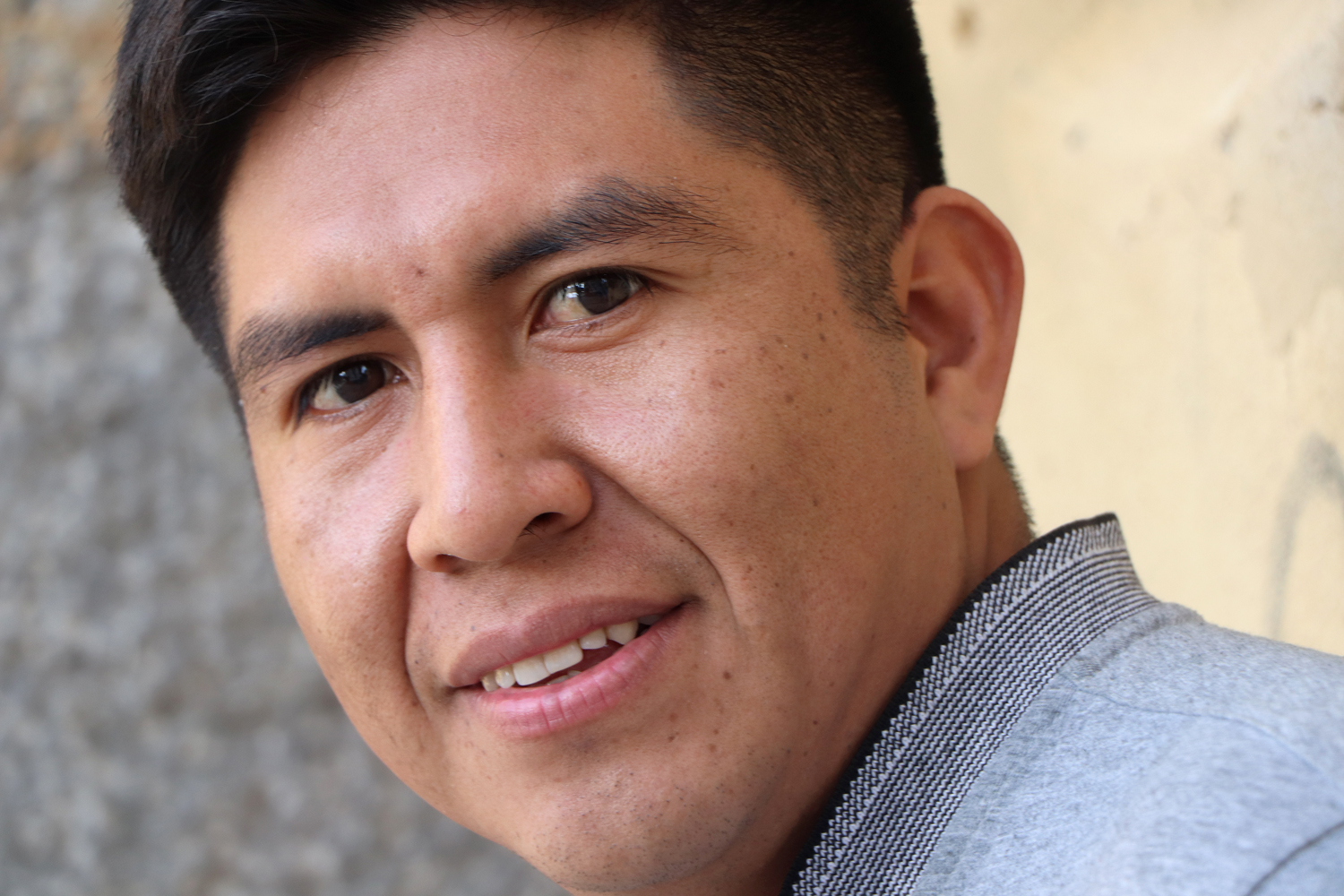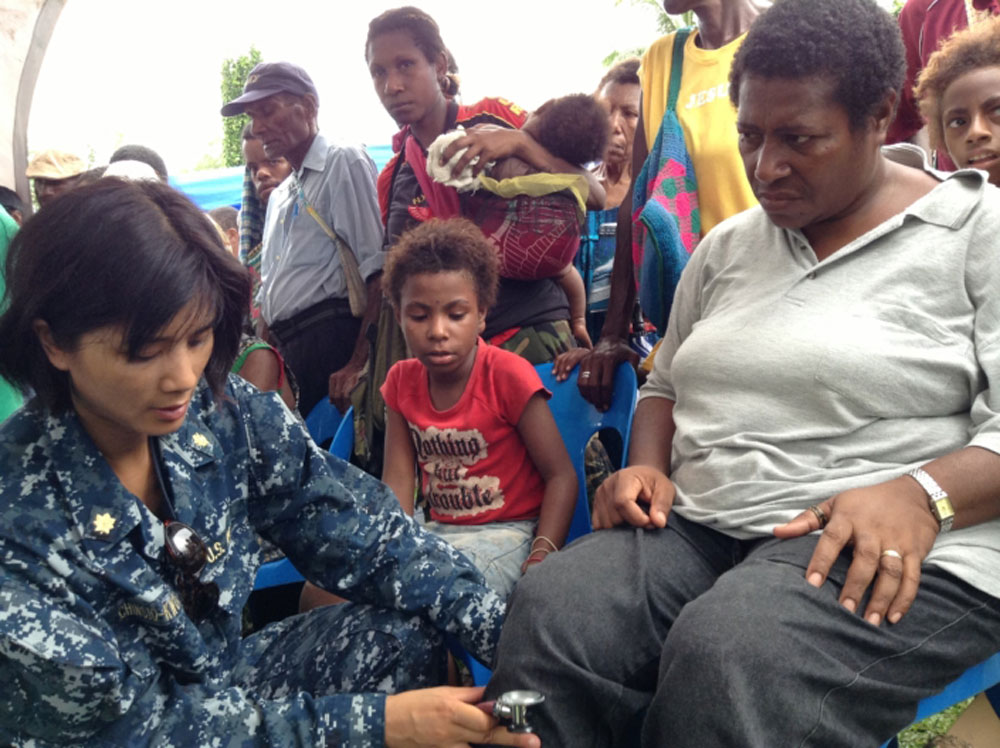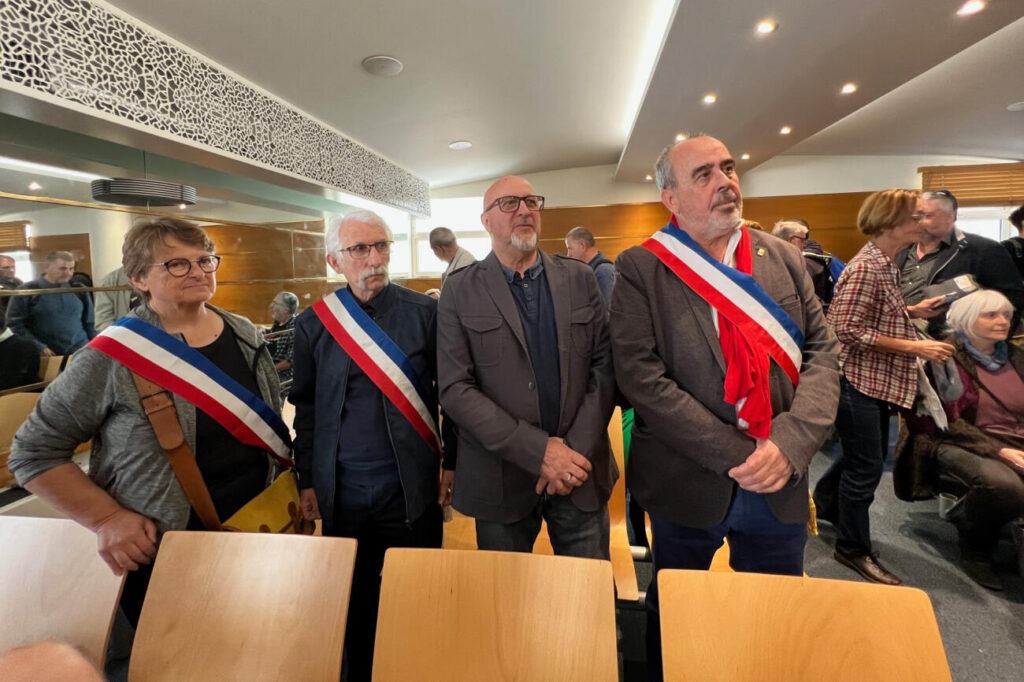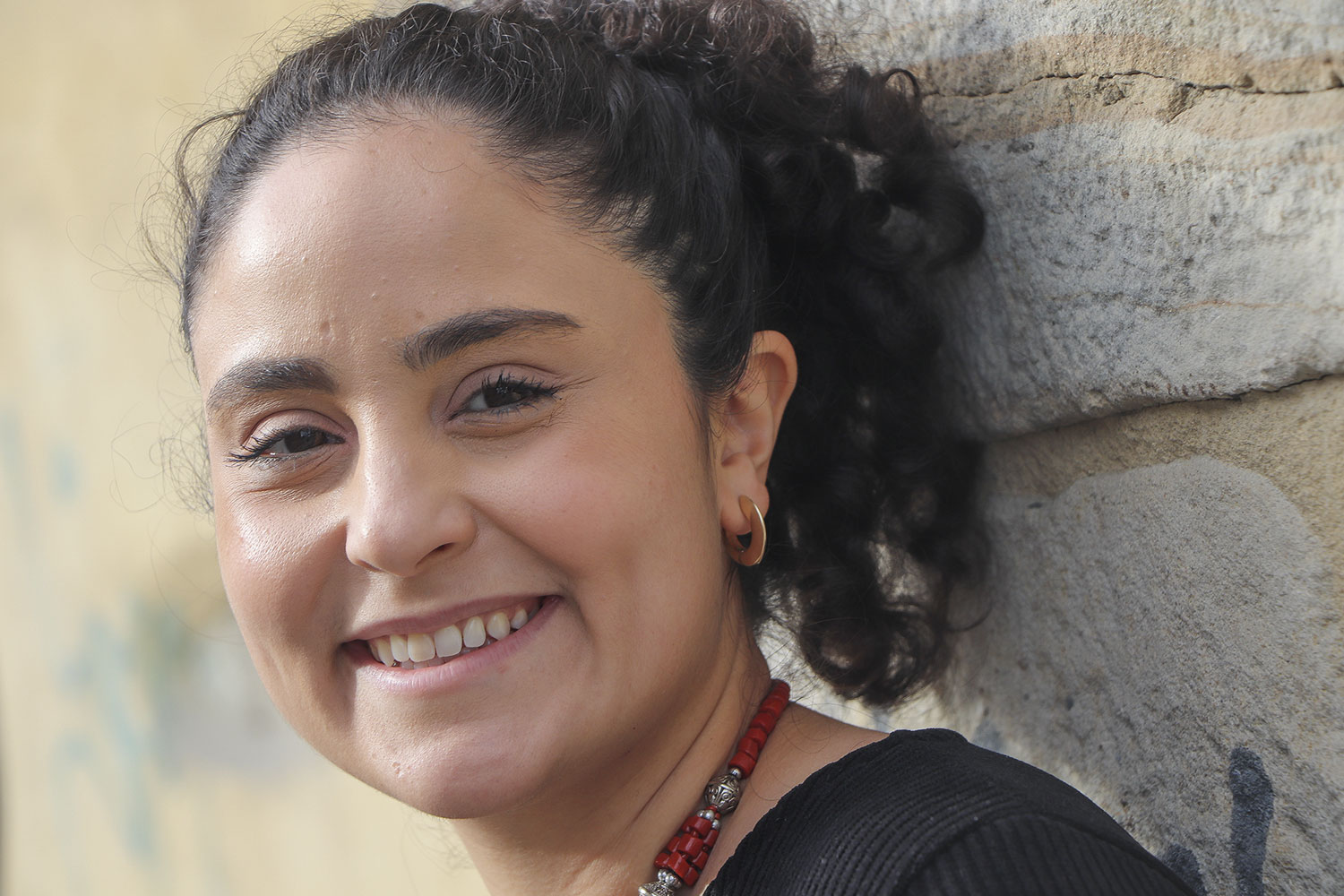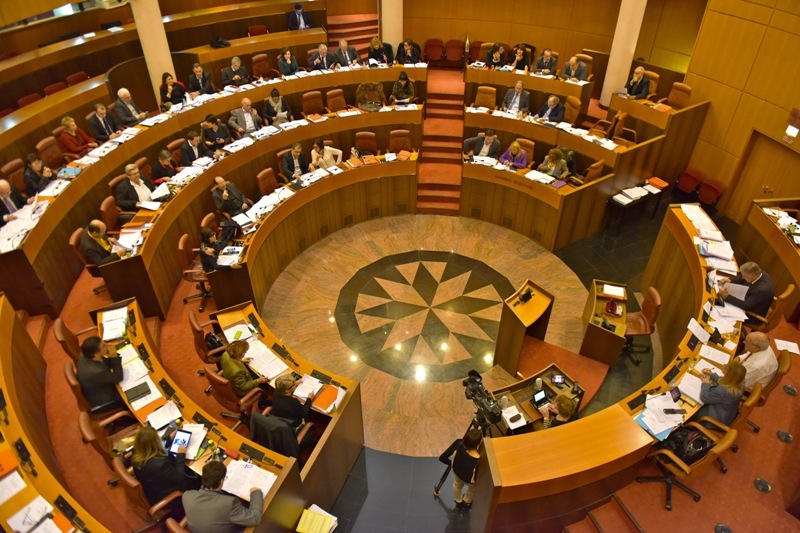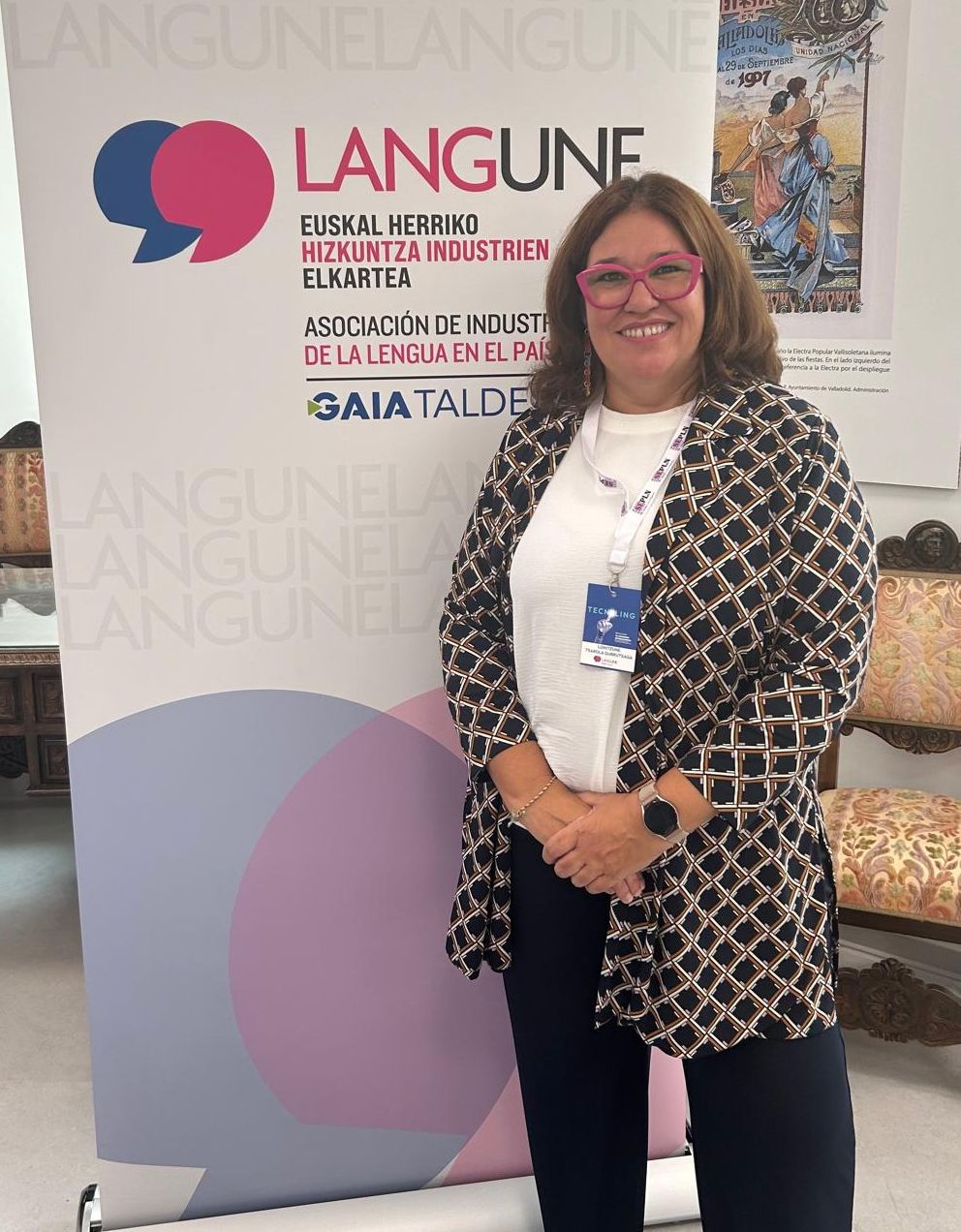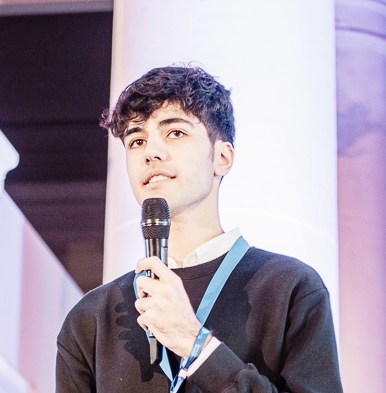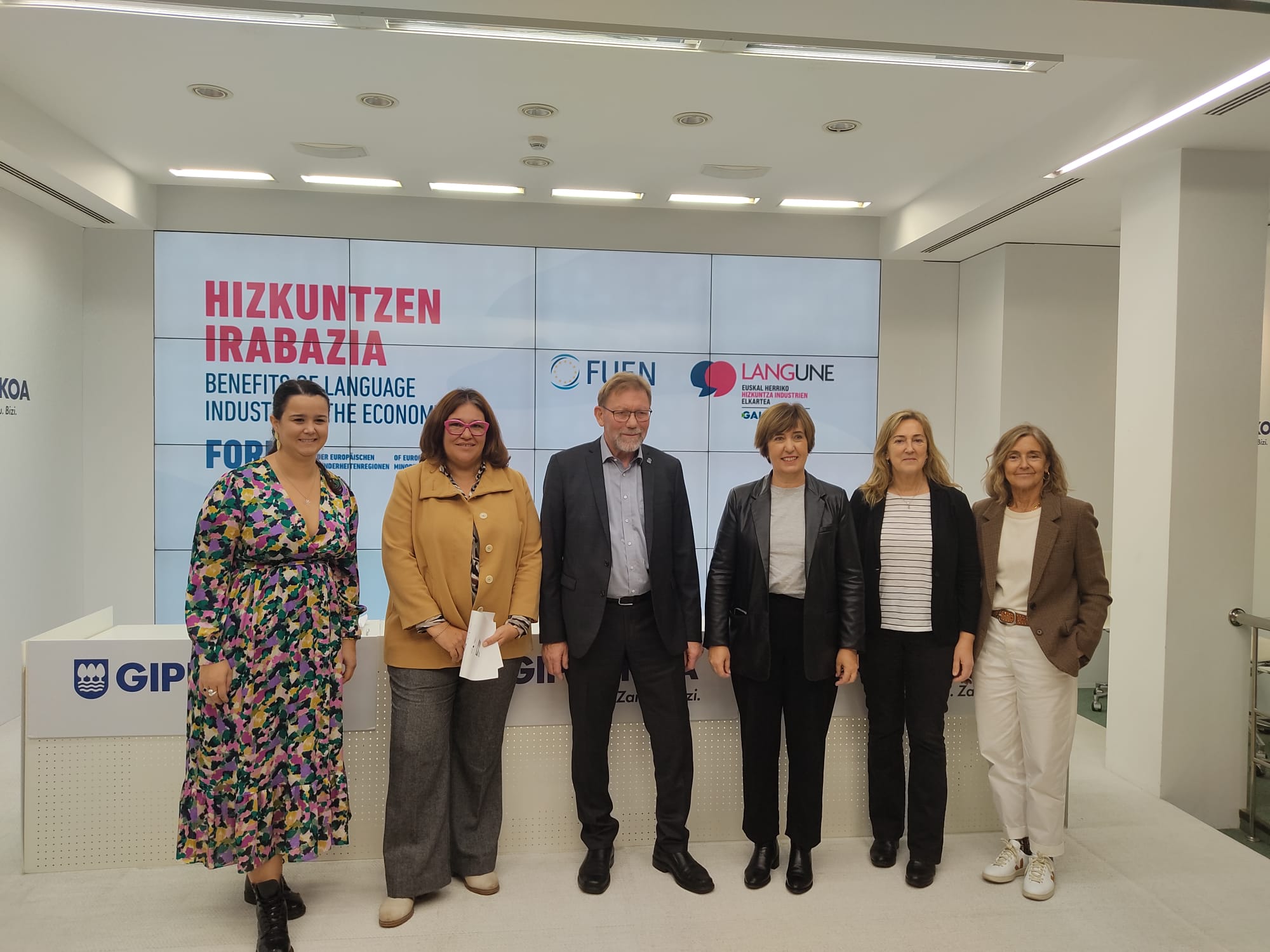Katrina Esau does not want to bring with her the old and only language of N|aa
- Katrina Esau belongs to the community of San, rooted in South Africa, which has suffered multiple occupations, colonizations, Apartheid or neocolonization. In the interval, N|uu is his mother tongue. At 88 years old N|uu is the last speaker who speaks and, without resources, moves as he can in the tasks of transmission, so as not to bring with him one of the oldest languages in the world on the day of his death. With the help of Esaure, some linguists have hung in the hand-to-mouth written language and just published the first story book for boys and girls, Qhoi n|a Tjhoi.

Honor and praise are not rare Katrina Esau, an 88-year-old lady from South Africa: It was declared “queen” by its communities in 2015; in 2014, the president of the National Order of the Baobaba de Plata, Jacob Zuma; in 2020, President Cyril Ramaphosa granted it the name of “living treasure”. Obviously, these are the high-impact quotations, thanks a lot more than the others do every day.
Because Queen Esau, the great queen, her great challenge, her great determination and the great work she carries: N|aa, one of the oldest languages in the world, is being transmitted to descendants, because he knows that when he gives the last breath he will also give the last word. Because Katrina Esau is the last speaker who speaks N|uu.
He doesn't want the N|uu to disappear along with him. On 7 June his brother, Oom Simon, died, leaving his sister without interlocutor. In the mourning, the Government of South Africa also issued the document: “Oom was the youngest brother of Simon Sauls Katrina Esauren, one of the last two speakers who spoke the N|uu language in common. He knew the names of the animals and insects well in N|uu. With it, we lose valuable knowledge. It has played an important role in the struggle for recognition, protection, survival and promotion of language. Thanks to all that he has done, we have realized that as Africans we have a rich heritage in our hands and that we are proud to be proud.”
Katrina Esau belongs to the community of San, which is part of the indigenous village in Khoisa, following the latest archaeological findings, the oldest in Africa, which could be located in southern Africa in the last 44,000 years. Hunter-gatherers from generation to generation are now forced to be sedentary in the San Autochthonos of between 120,000 and 140,000 in number. Throughout history, both because of the occupations of different local sedentary populations (Khoikhoi and Bantuak, for example), and because of the occupations of herboins and British since the 17th century, because of the Apartheid system and because of the neo-colonialism of the multinationals that exist today, they cannot live freely and lose all chaos.
In 1931, Kalahari Gemsbo suffered a violent denial with the creation of the National Park, with an extension of 38,000 km2. From the eyes of the authorities, the persistence of nature rimmed with the lack of human presence, so they were obtained from their lands in 1956. “Found so far from each other, in the last 30 years they have not been able to anticipate their way, even the impossibility of defining them as a community” can be read in the document Les Khomani San de l’Afrique du Sud (“Khomani Sanak in South Africa”).
In the meantime, they have obviously been banned from using N|uu. “I didn’t learn this language, I had it very well from my mother’s chest and I had to bury it in the liver,” says Esau in the documentary Lost tongue, because he had to silence his own and speak Afrikaans of settlers derived from the Dutch. He worked at the service of settlers in a family of Afrikaners, enslaving his parents. For them it had not been “burned” or “treasure”... it was called “Geelmeid”, “yellow waiter”, in order to confine himself at all times to the underlying social class and to the oppressed race.
An ancient, unique language
After the end of the apartheid system in 1991, several San Sebastian were linked to the demand for their rights, apparently Nelson Mandela facilitated the originally maternal path, which was also San. Katrina Esau started from its beginnings in the 2000s with the installation of chairs in the corridor of the house and the teaching of the N|uu language to the children of the area. In their eagerness to help and ensure the transmission of this language without interlocutors, some linguists also switched to writing what had so far passed by mouth. One more step: Katrina Esau has also published the book Qhoi n|a Tjhoi (“Dortoka eta ostruka”), the first book published in June in early June in N|uu. It's a story for boys and girls.
Every fifteen days a language disappears in the world, every time it dies, leading the last speakers to a world with it. That's what Katrina Esau knows, and that's why he's broadcasting a word as much as possible from that tired body. Because the N|uu language, one of the oldest and even richest languages in the world, would disappear. It consists of 114 phonemes or oral sounds (we suppose about 40 phonemes in French or English, not detected in Basque). It is also a language with clicks, it has 45 different clicks that are created by touching the palate with the tongue or with the lips! Today, there are few such languages, some 30 in southern and eastern Africa, as well as the Damin language spoken among Australian Aborigines.
Based on genetic research, the article entitled “In the footsteps of the first human language” published by The New York Times reads as follows: “Are some of the languages spoken today echoes of the old mother tongue of the first human beings? Most linguists claim that languages are altered too quickly to make this possible. However, according to a new genetic study that has highlighted the great antiquity in a certain linguistic group, it is possible that some of its differential characteristics are those of the original mother tongue. We speak of the latent languages of South Africa (those of the Khoisan, Khoin, Hottentots and San Populus group).” With the march of Katrina Esuen we also have the end of this long thread. From the analysis of the DNA of these speakers it appears that they are part of a very old genetic: “All human groups are of the same age, as they descend from the same old population. But geneticists are now able to place these human groups on the genealogical tree of humanity. Groups at the end of shorter branches have recently been separated from older populations and are younger, genealogically, than those at the ends of longer branches. According to mitochondrial DNA, the Ju–hoansi [de Khoisan] lineage is so old that it almost returns to the root of the human tree,” you can read in the article.
From 2018 some representatives of the people of Khoisan camping before the palation of the government: “Following the history that has been taught, the peoples of Khoi and San disappeared. We are here to remind ourselves that we are alive and that we ask for the recognition of our identity.” Among its demands is the official language N|uu. Although South Africa has a total of eleven official languages, its recognition has not yet focused on that language that has always existed.
570.000 familiak euren haurren ikasgeletako hizkuntza nagusia zein izango den bozkatzeko aukera dute martxoaren 4ra arte: gaztelera edo katalana. Garikoitz Knörr filologoaren eta euskara irakaslearen arabera, kontsultak "ezbaian" jartzen du katalanaren zilegitasuna... [+]
Iragan urtarrilaren hondarrean, Bretainiako lurraldeko bi hizkuntza gutxituei buruzko azken inkesta soziolinguistikoaren emaitzak publiko egin zituzten bertako arduradunek. Haiek berek aitortu zuten harriturik gertatu zirela emaitzak ikustean. Hain zuzen ere, egoerak eta... [+]
Oinarrizko maia komunitateko U Yich Lu’um [Lurraren fruitu] organizazioko kide da, eta hizkuntza biziberritzea helburu duen Yúnyum erakundekoa. Bestalde, antropologoa da, hezkuntza prozesuen bideratzaile, eta emakumearen eskubideen aldeko aktibista eta militante... [+]
Korsikako legebiltzarkideek ezin dute Korsikako Asanblean korsikeraz hitz egin, Bastiako Auzitegiaren 2023ko epai baten arabera. Ebazpen horri helegitea jarri zion Asanbleak, baina debekua berretsi du orain auzitegi berak. Epaiak tokiko beste hizkuntzei eragiten diela ohartarazi... [+]









